F1: Alpine Likely to Source Mercedes Parts as Early as 2025
Renault will likely abandon its works Formula 1 engine as Alpine pursues a Mercedes customer deal. A formal study is underway to transform the Viry facility, redirecting personnel and resources to enhance the Alpine brand.
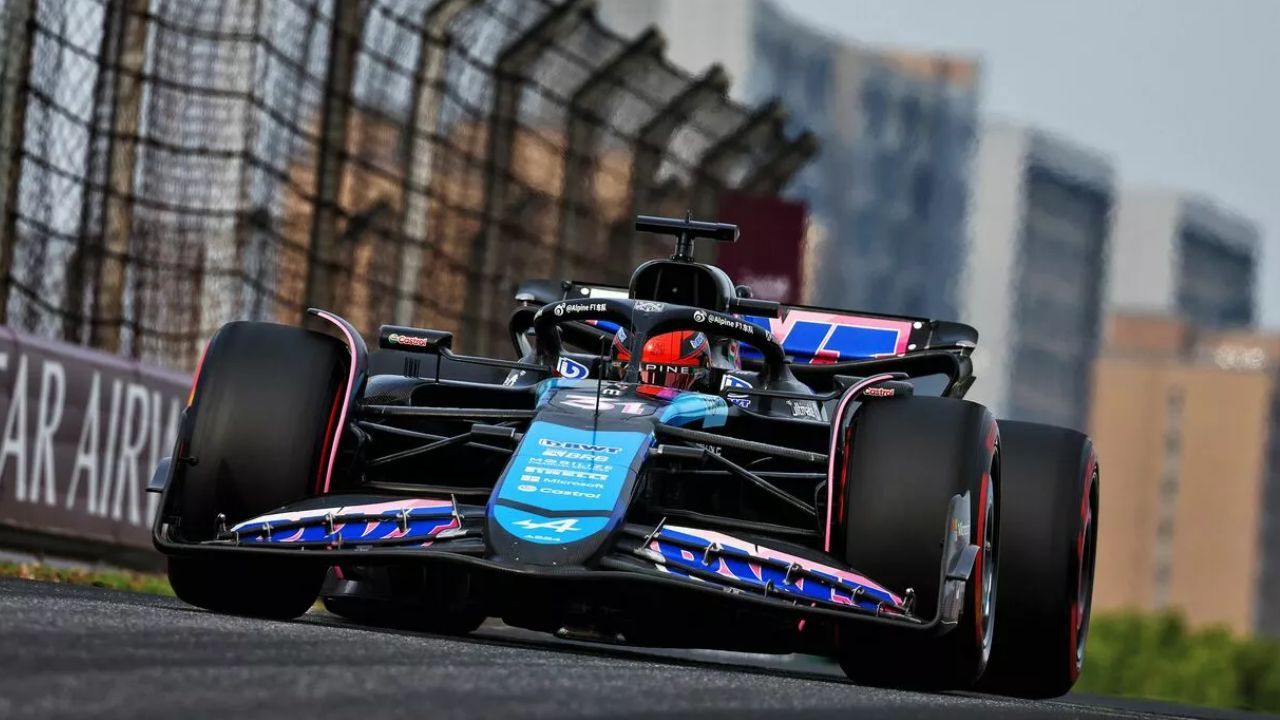
Alpine F1 Team is reportedly in advanced negotiations with Mercedes-Benz to potentially expedite a technical collaboration, with the possibility of the partnership commencing as early as the 2025 Formula 1 season. The initial plan had been to align the partnership with the introduction of new engine regulations in 2026. The French racing team has been evaluating the financial viability of its in-house power unit development program. Coupled with the recent exclusive partnership between rival Audi and Renault's fuel and lubricant suppliers, BP and Castrol, Alpine's management is increasingly considering a customer engine solution. A potential agreement with Mercedes would entail Alpine adopting the German manufacturer's engine, gearbox, and rear suspension, similar to the existing arrangement between Mercedes and Aston Martin. While discussions have primarily centred around a 2026 commencement, there is growing momentum for an earlier start, particularly with the influence of newly appointed team advisor Flavio Briatore. Finalising such a significant partnership and the subsequent restructuring of Alpine’s engine operations in Viry-Chatillon, France, are complex undertakings. As a result, an official announcement is not anticipated before the Formula 1 summer break.
Also Read: F1: Audi Appoints Mattia Binotto as Team Boss, Andreas Seidl Departs
F1: Renault Engine
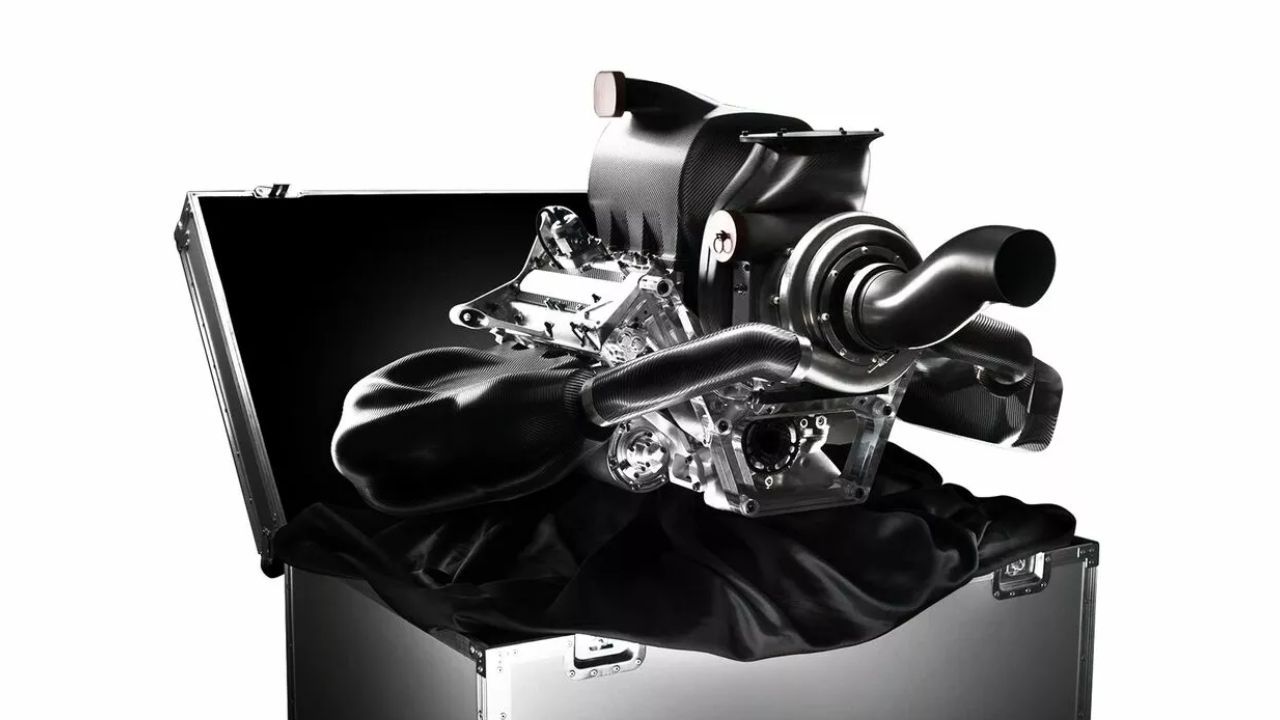
Since returning to Formula 1 in 2016 by acquiring Lotus, Renault, now operating as Alpine, has struggled to achieve sustained success. Despite a single Grand Prix win in 2021, the team has faced inconsistent performance and internal issues. The engine program has been a major concern. Developing a Formula 1 engine is extremely complex and expensive, requiring significant financial investment and expertise. The pressure to compete with top manufacturers like Mercedes, Ferrari and Honda has strained Renault's resources.
Alpine's leadership is now considering a major shift to a customer engine arrangement, possibly with Mercedes. This would be a significant change for Renault, which has been a key player in Formula 1 since the mid-1970s. While this move could reduce costs and allow Alpine to focus on other areas, it also highlights the challenges of modern Formula 1 and the constant drive for performance and efficiency.
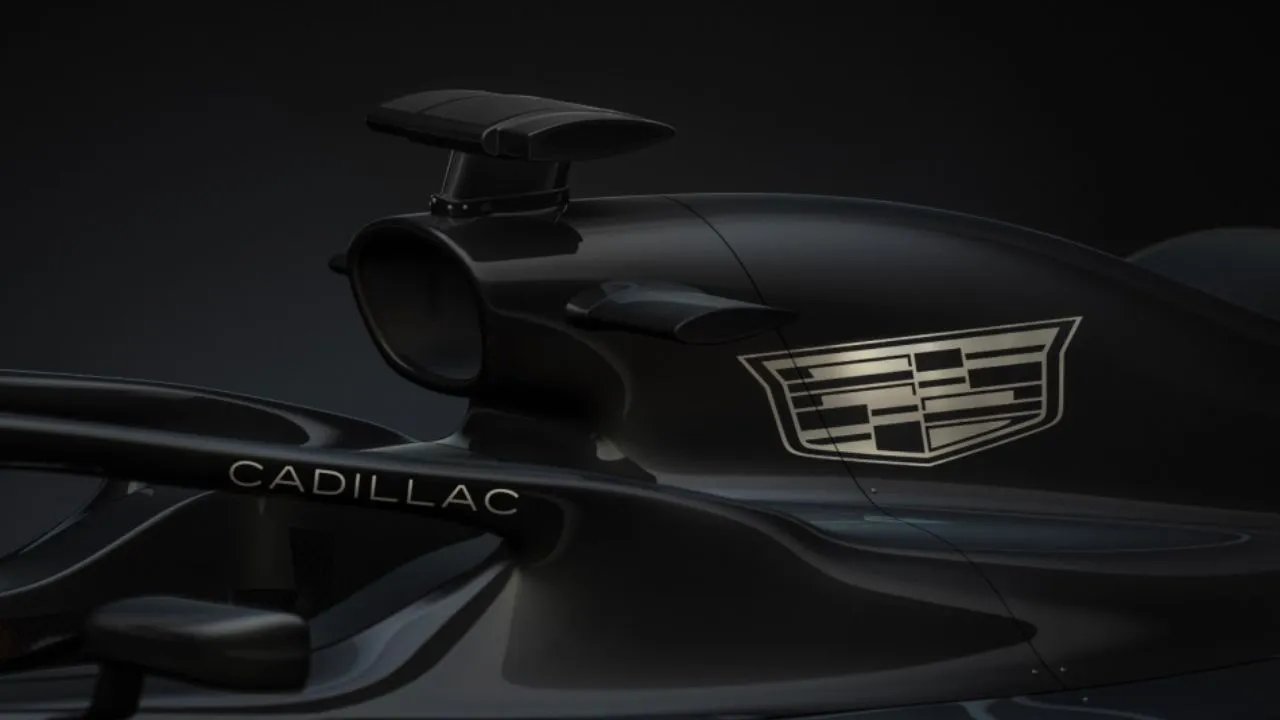
.webp)
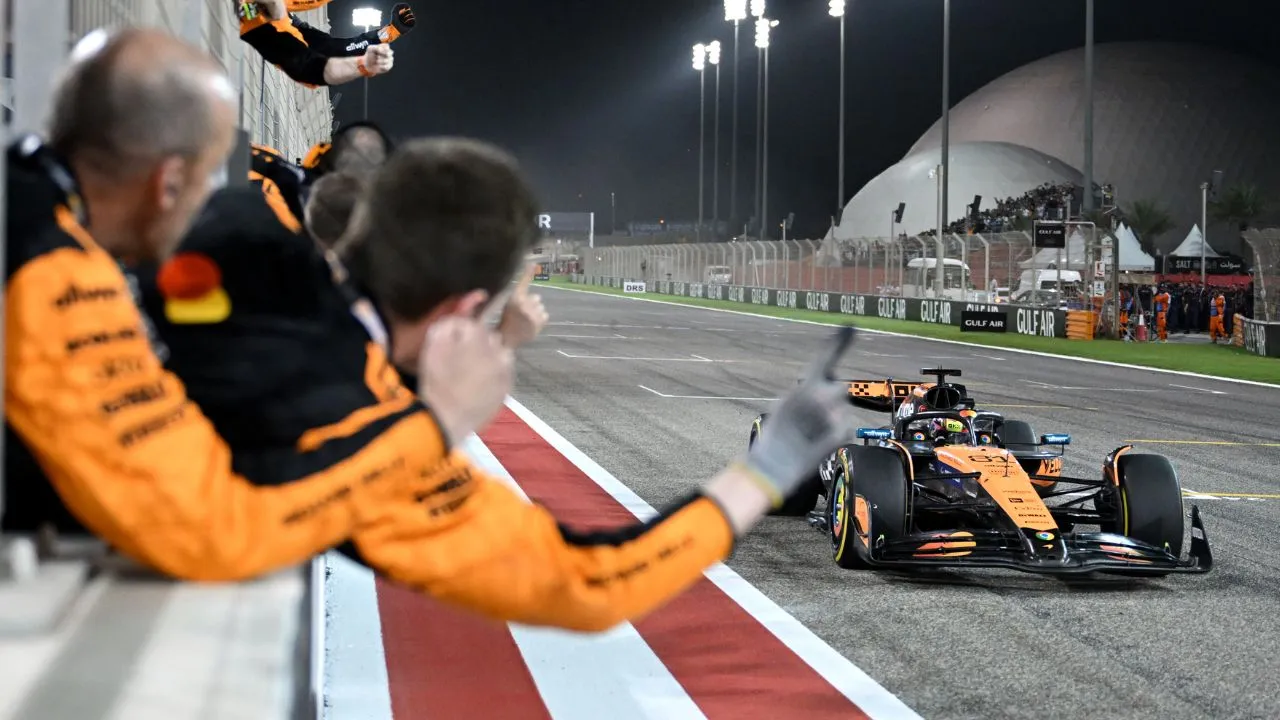
.webp)
.webp)
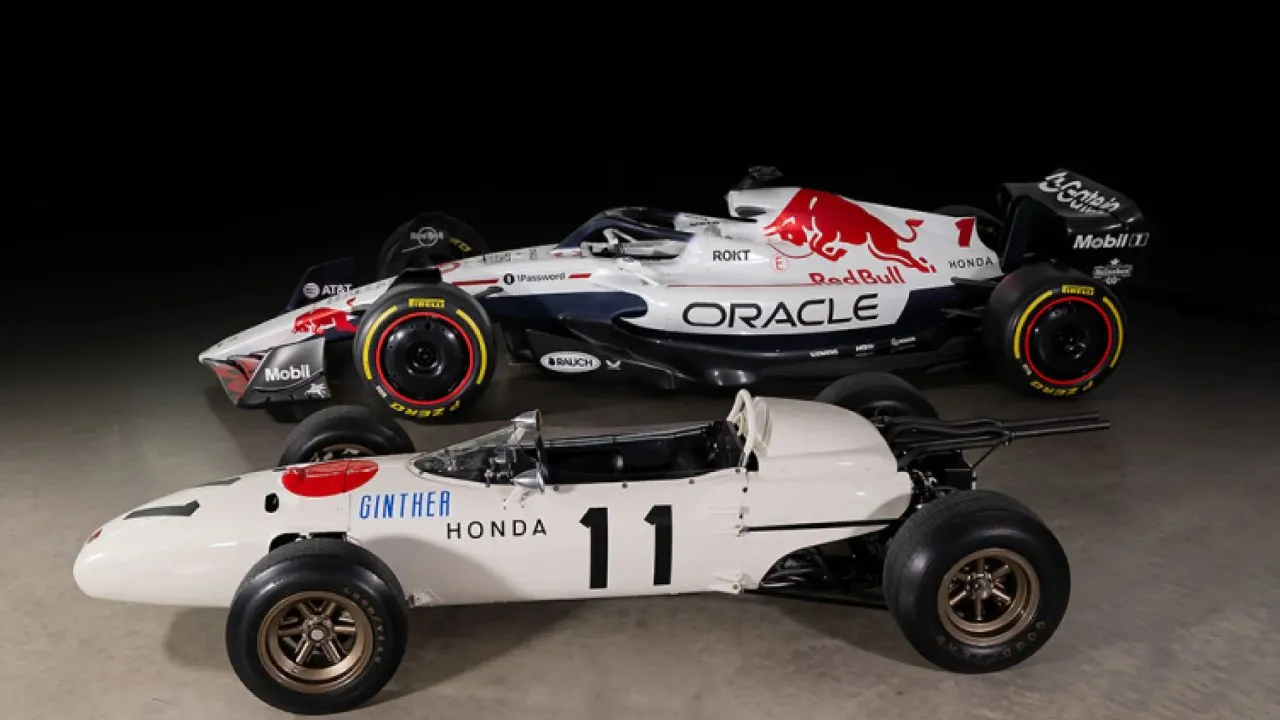
Write your Comment on